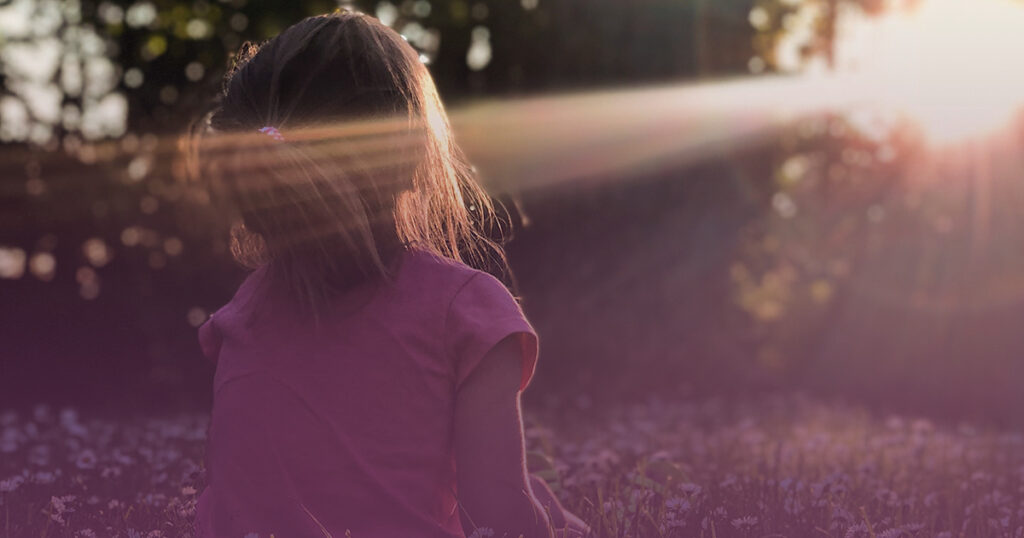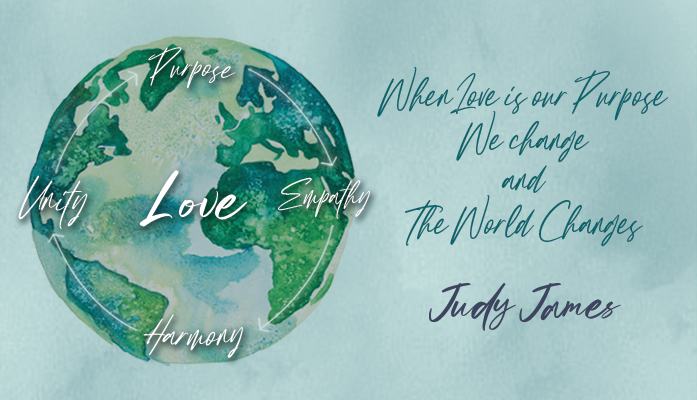Do you ever wonder where some of your behaviors come from?

Do you ever wonder where some of your behaviors come from?
Especially the ones you regret as soon as they surface? The ones that leave you feeling regret and seem to happen instantaneously with absolutely no warning? When we learn more about where these habits can come from, we can make changes.
I’ve been looking at how childhood trauma has affected my life the past few years and I find it fascinating. Not to blame my parents or other adults in my life, or point out what they did wrong, but to take responsibility for my thoughts and actions. I wanted to free myself of all the stories that I carried with me.
None of us make it out of childhood without trauma. There are varying degrees of trauma.
We all have different experiences and process what happens to us differently. It’s easy to understand why people who endured a tumultuous childhood would have trauma. I didn’t think I had the right to have trauma, even though I resonate with almost every one of the signs of unhealed childhood trauma.
If you would be looking at my childhood from the outside, it wasn’t bad. I had two parents, a home, food, clothes. It for sure wasn’t perfect, but how dare I complain when so many had it so much worse than I did. My parents did their best to give me a better life than they had, and it for sure was.
Some trauma gets unknowingly handed down from our parents, it’s generational.
Most of us didn’t have tools or know to process our emotions, so we stuffed them down and ignored them.
We make decisions when we are young and feel unsafe and unloved that change the course of our relationships, especially the relationship with ourselves. We tell ourselves we’re not worthy of love and belonging because of something we did or what someone said about us, or here’s the biggie, what we think someone thinks about us.
You see, we have no way of knowing what someone else thinks about us, and it might change from minute to minute. Someone might like you if you’re doing something for them and be upset with you if they aren’t getting what they want. Someone might give us a look that we perceive as being unhappy with us and, in reality, they just remembered they walked out without their lunch that they were looking forward to enjoying; it was a delicious new pasta recipe they made last night; it had shrimp, scallops, creamy sauce. Get the idea?
It’s our perception. The look had nothing to do with us, but it triggered something inside us. We internalized it, made it about us with the stories we told ourselves and made decisions about our worthiness. Those decisions were usually covered by “I never liked them anyway, who do they think they are, looking at me like that, what a jerk… under all that was a feeling of not enough.
If this resonates with you and you would like to dig in deeper, stay tuned for upcoming events and read more in my recent blog post, “A frightened little girl has been running my life.”
Here are some signs of unhealed childhood trauma:
- People pleasing
- Lack of boundaries
- Always assuming you’re in the wrong
- Hyper independence
- Seeking external validation
- Perfectionism
- Fear of abandonment
- Self-trust difficulty
- Attracting abusive/narcissistic relationships
When we change the world changes.

Want to receive a weekly dose of wisdom in your inbox?
Sign up for my Weekly Wisdom emails and I’ll send you journal prompts and affirmations each Sunday along with my latest blog post to help you start your week intentionally.

